Viewpoint: Disability laws are 25 years old, what next?
- Published
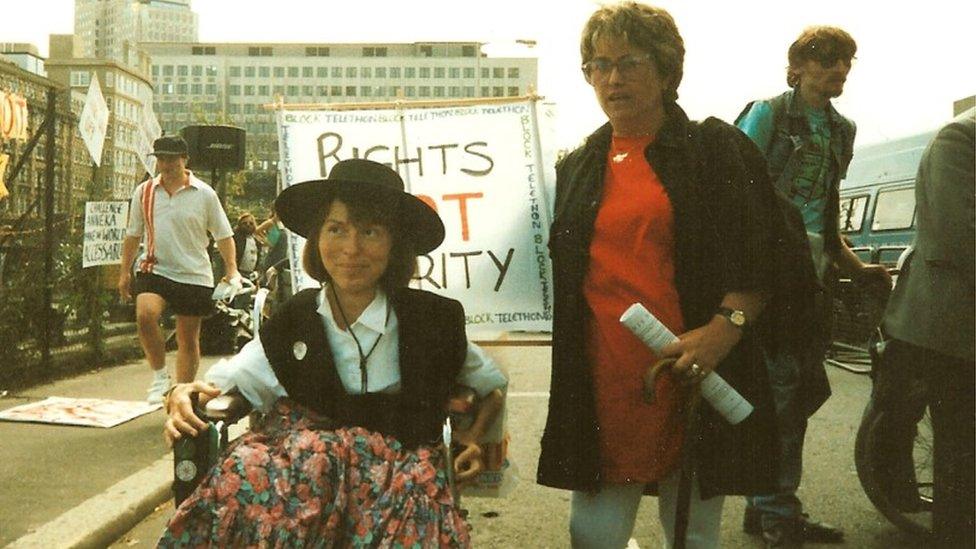
It's 25 years since the Disability Discrimination Act became law, but the campaign for equality goes on.
Here, six people close to the legislation - having fought for it, used it or worked with it - say what they think of the law as it stands and what they would like to see next.
'Society has taken its foot off the gas'
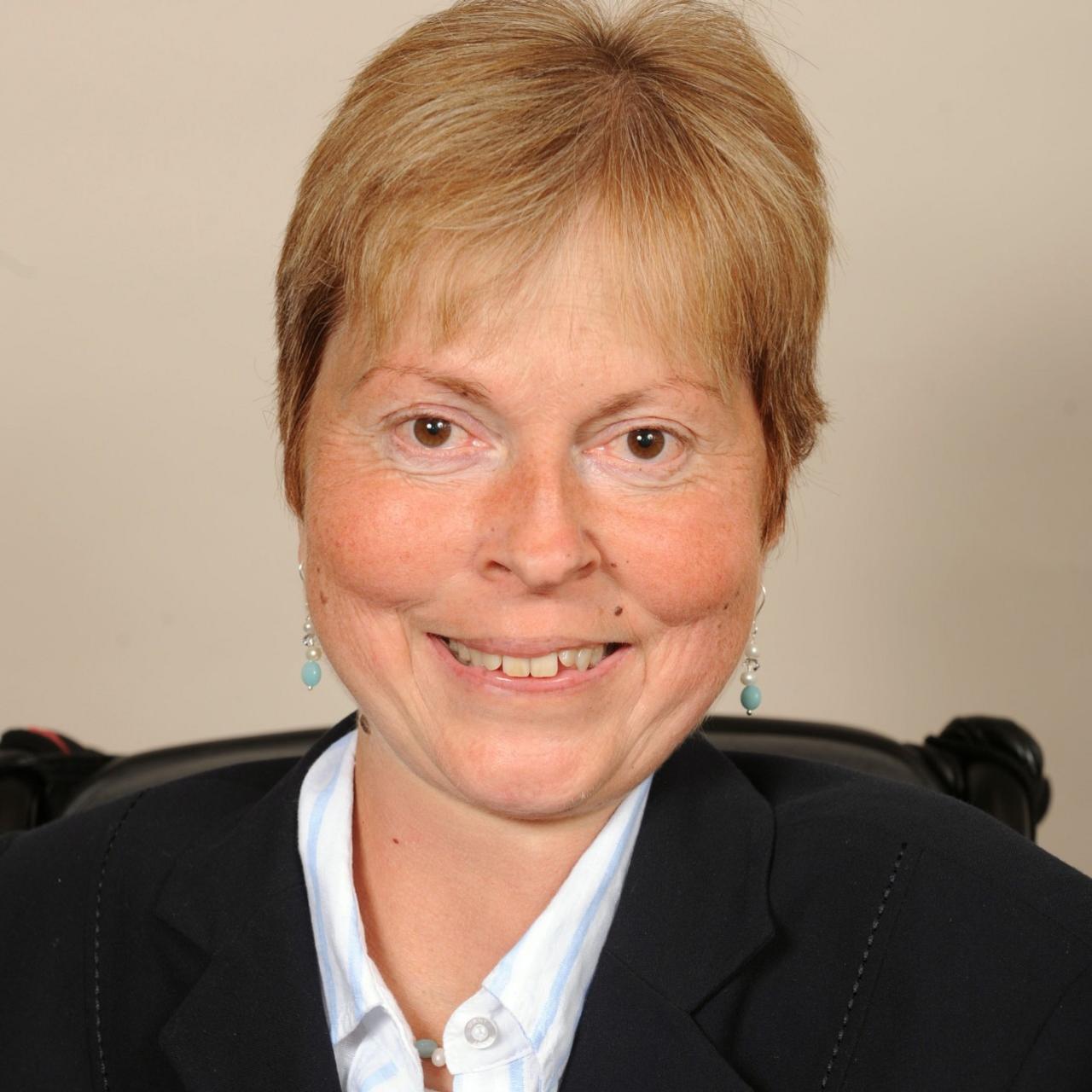
Baroness Jane Campbell sits in the House of Lords, but was a protester in the 1990s. She became involved in disability politics after being sacked from her job at a charity because she couldn't physically use a typewriter. It gave her "the anger I needed to become a radical campaigner".
The DDA [Disability Discrimination Act] was never going to be a magic answer to all our problems but it did one very important thing - it paved the way for a radical change in the social concept of disabled people's lives. Instead of disabled people being tragic victims, it was accepted that we were unable to thrive due to the disabling environment and social attitudes which kept us excluded and powerless.
The public quickly understood that lack of access to transport, buildings, housing, education and employment was a national travesty.
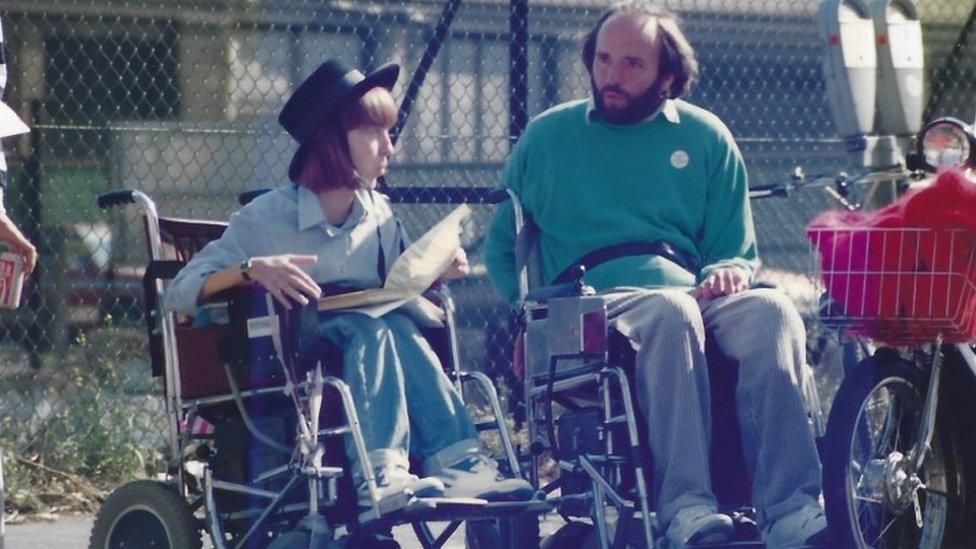
Since the years of austerity and now the pandemic, we are considered to be "the vulnerable". If we don't watch it, we will soon move from the "vulnerables" to the "expendables". I fear the notion of "survival of the fittest" could undermine all our gains over the last 25 years.
We have won freedoms that I never enjoyed as a child. However, society has taken its foot off the gas.
Disabled people must find the strength to regroup, come together as other disadvantaged groups have and renew our claim to be treated with dignity, equality, and respect.
'Disabled people need to be able to use the law'
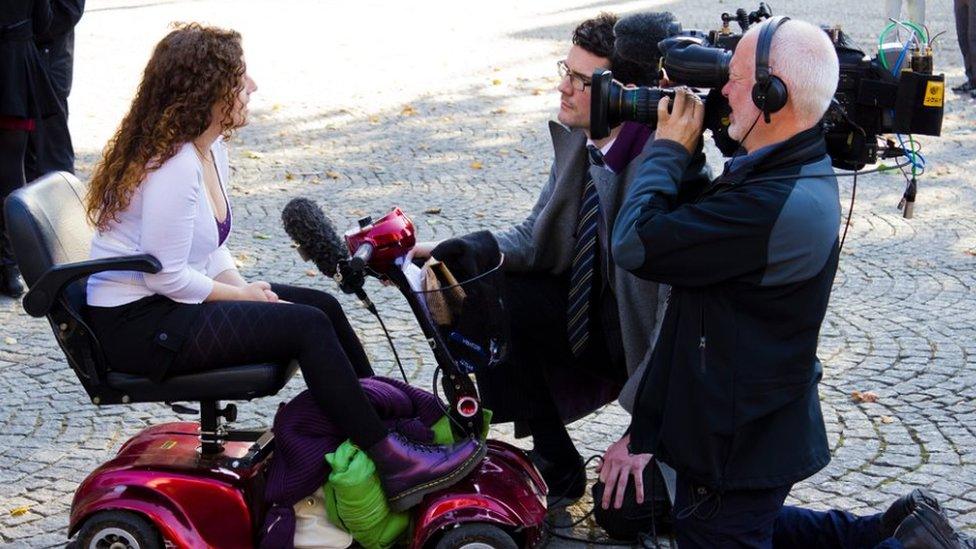
Kaliya Franklyn is an activist and blogger. Last year she used the Equality Act, the successor to the DDA, to sue her employer. It had failed to accommodate her request to work from home due to her impairment. The charity settled before a full tribunal and, in a rare move, Kaliya was not required to sign a non-disclosure agreement. She hopes it will set a precedent.
The DDA and subsequently the Equality Act changed things profoundly for a lot of disabled people but it has only really worked well for those with the ability to use it for themselves - those who are educated or more able. I don't think people understand how hard it is to use the Equality Act. Even with a law degree and the ability to find advice, I was still discriminated against and I still struggled enormously with the legal system.
You're incredibly traumatised and you're trying to fit that trauma into a legal framework. This was not a process that was ever going to work for my former colleagues who had learning disabilities - they are the most left-behind group of all.
For me, the most important thing for the future is to enable disabled people to use the law without the burden of it falling completely on the individual.

UK's disability rights law at 25

'We have to do more to protect and create jobs'
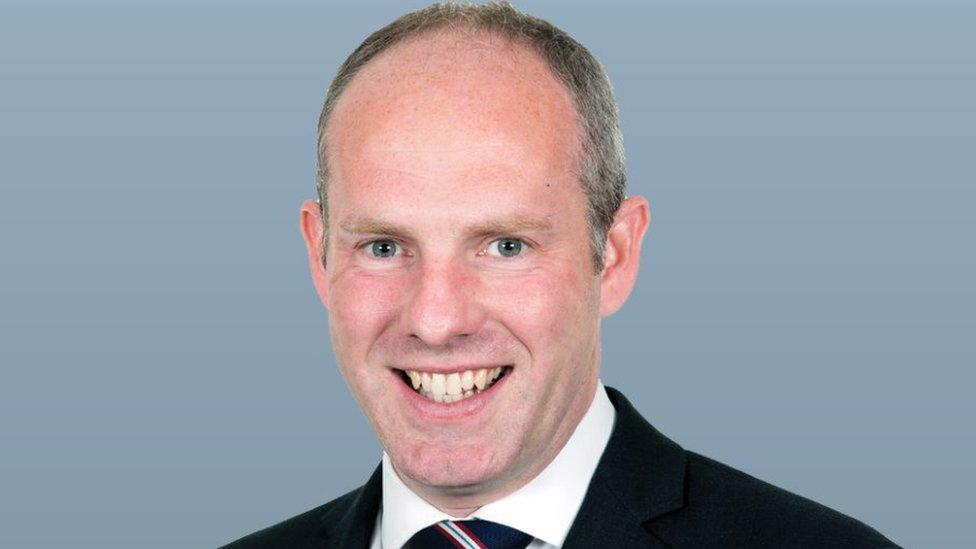
Justin Tomlinson MP is the minister for disabled people, health and work. He is currently working on what he calls an "ambitious and wide ranging" National Strategy for Disabled People.
We have seen a huge shift in awareness, enthusiasm and opportunities. The DDA and Equality Act have stood the test of time and provide a strong and straightforward legal framework that protects disabled people from unfair treatment.
This has focused minds and crucially helped us deliver record numbers of disabled people in work. However, these are unprecedented times, so we have to redouble our efforts to both protect and create new jobs.
For full details on the employment figures, see the government's latest Disabled People in Employment report, external.
'Someone has to be brave enough to take on the fight'
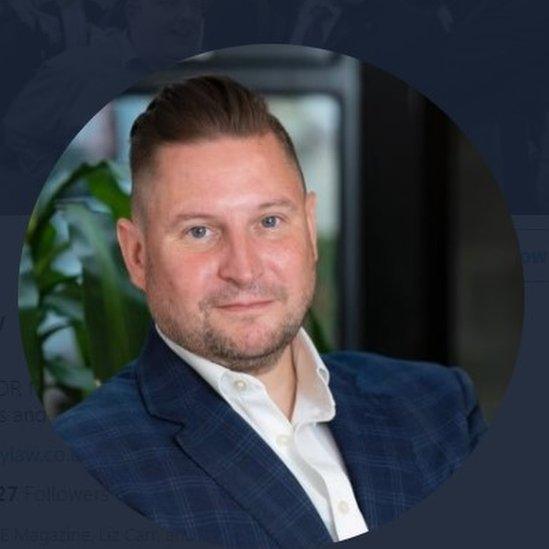
Chris Fry is a lawyer who specialises in disability discrimination. During Covid-19 his caseload has increased seven-fold.
The Equality Act itself is quite complicated and it takes experts to properly draft court documents. I'm 20-years qualified and yet I bring in expert barristers to do that work.
It is an effective tool and gives us the ability to change things. The criticism generally comes down to an individual being brave enough to take on the fight.
The change in the shape of our caseload, because of Covid-19, reflects the change in society. While the cases used to be about physical issues, now it's about the online space. Supermarkets removed people's existing online slots and levelled it down to a first-come-first-served policy that was always going to disadvantage their customers who are disabled.
Equality is not having the same policy for everybody without discriminating. Equality is ensuring that the outcome of the policy creates a level playing field.
'If a company wants my loyalty, where are its disability credentials?'

Mike Adams is CEO of Purple, an organisation which focuses on the economy related to disabled people and business.
I can tangibly see that life is different since 1995, but there are always some reminders about how far we still have to go. Businesses don't necessarily see disabled people as customers, they think of it as a set of responsibilities. But businesses and organisations need to determine themselves that good access and service is the right thing to do.
Unlocking the disabled customer unlocks the disabled employee.
What I'd like to see is, if a company wants my loyalty, where are its disability credentials? I don't think anyone now would have a brand that wasn't environmentally savvy. We're talking about 22% of the population - that's a fifth moving to a quarter.
'People don't necessarily have the same outrage'
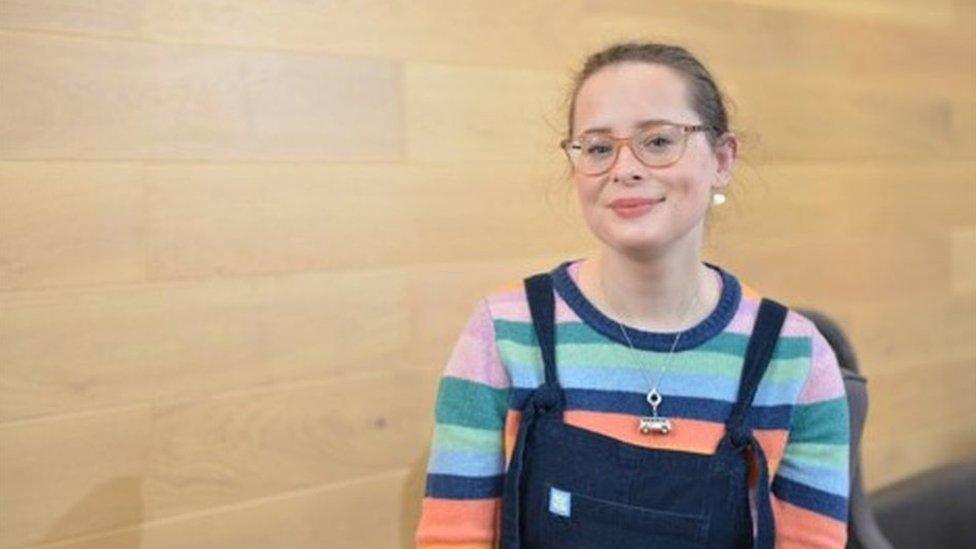
Heather Lacey is an award-winning activist and campaigner. She was approaching her second birthday when the DDA was passed, and will be 27 later this month.
Diversity and inclusion is at the top of everyone's agenda. We're making some fantastic changes in the world, particularly with Black Lives Matter. But disability is never quite there - people don't necessarily have the same outrage.
It's frustrating because as we are getting older the majority of people are going to be disabled - it is a variation of normal.
There needs to be more of an acceptance of the Equality Act existing for the benefit of everybody, rather than "them" over there, and of it being able to actually engage people.
Over the next 10 years I'd love to be able to alter those perceptions of what disability means to people. Without that, I think you're going to struggle to really make sure access is there for everyone.
For more disability news, follow BBC Ouch on Twitter, external and Facebook, external and subscribe to the weekly podcast on BBC Sounds.


What questions do you have about the DDA? What are your experiences of disability? Send your questions to: haveyoursay@bbc.co.uk, external.
Please include a contact number if you are willing to speak to a BBC journalist. You can also get in touch in the following ways:
WhatsApp: +44 7756 165803
Tweet: @BBC_HaveYourSay, external
Please read our terms & conditions and privacy policy
If you are reading this page and can't see the form you will need to visit the mobile version of the BBC website to submit your question or comment or you can email us at HaveYourSay@bbc.co.uk, external. Please include your name, age and location with any submission.